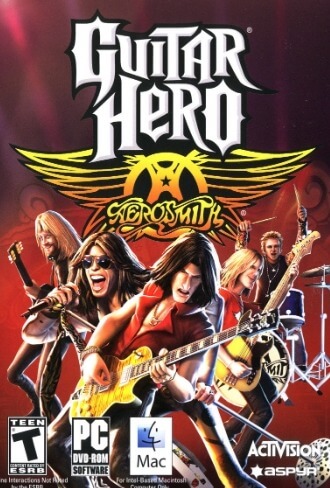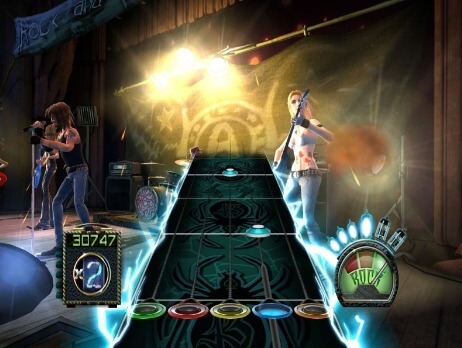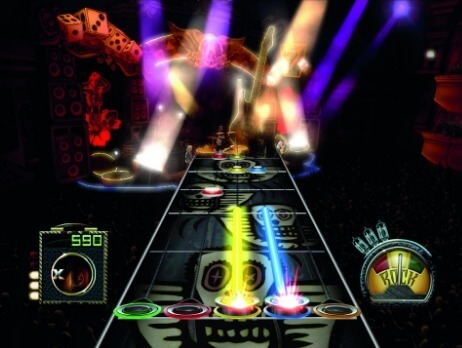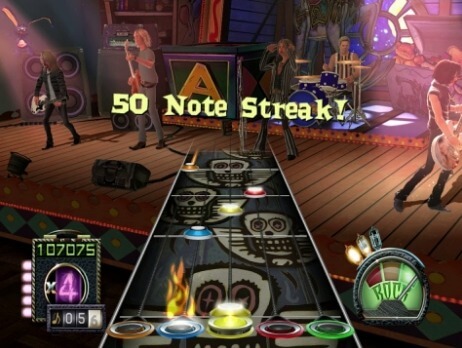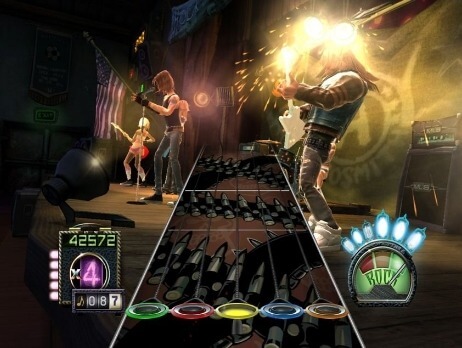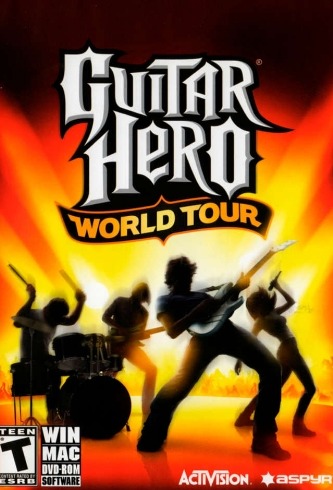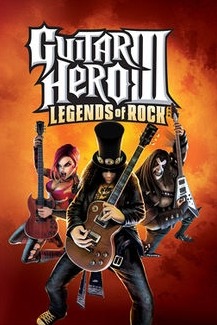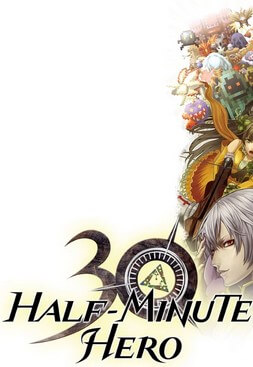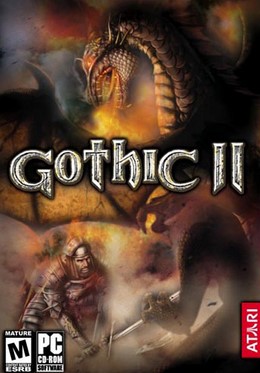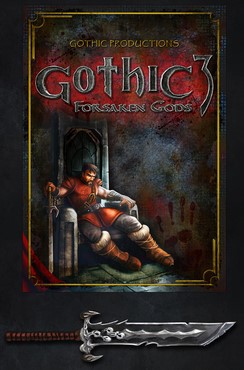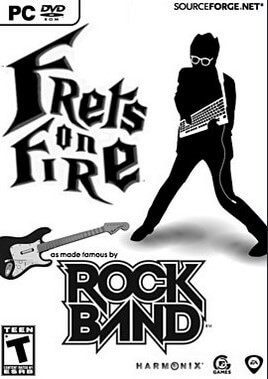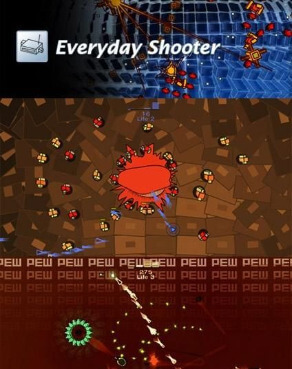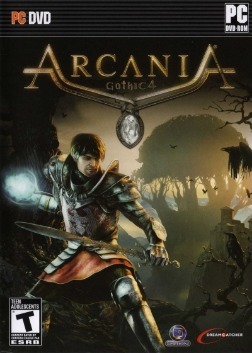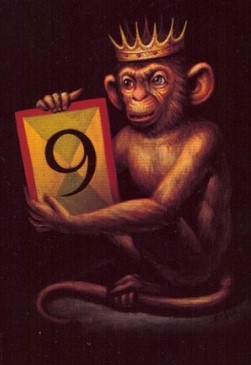A departure from other games in the franchise, Guitar Hero: Aerosmith follows the career of Aerosmith, by playing significant songs in their catalog in a 'rough chronological fashion'. The gameplay follows the band through various periods in its history, spanning from its first show at Mendon Nipmuc Regional High School in 1970 to the 2001 Super Bowl XXXV halftime show, to their induction into the Rock and Roll Hall of Fame on March 19, 2001. The player starts as Joe Perry, and will eventually be able to unlock Brad Whitford and Tom Hamilton. The game does not focus on the internal strife and stress within the band; guitarist Joe Perry stated that the game would focus on the positive aspects of Aerosmith's history. Perry has stated that "Having a game built around Aerosmith has been a huge honor and really a great experience for us. We've put a lot of ideas into the game so that fans can have fun interacting with our music, getting inside our body of work and learning about the band's history."
Gameplay
The gameplay in Guitar Hero: Aerosmith is based on the same gameplay elements from Guitar Hero III: Legends of Rock. Players use a guitar controller to hold down fret keys and strum on the strum bar in time with the note patterns as they scroll down the screen in order to complete a song. The player's performance is tracked by a Rock Meter, and if it falls too low, the song ends prematurely. Star Power can be collected by completing marked note phrases correctly, and by using the whammy bar during sustained notes; Star Power is released by lifting the guitar controller vertically or by pressing the Select button in order to double the scoring multiplier and dramatically affect the Rock Meter. The player is rated after successfully completing a song from 3 to 5 stars, and can examine statistics related to their performance, and in Career mode, awarded money to be used to unlock ten bonus songs in "The Vault" and additional guitars, outfits, and other videos about the band. Each song can be played at one of four difficulties: Easy, Medium, Hard, and Expert.
The game offers several gameplay modes. Career mode is broken into six tiers of five tracks, each based on a period in Aerosmith's history. Furthermore, within each tier, there are two Opening Acts, featuring non-Aerosmith songs, that must be completed before the Aerosmith songs can be played; the final song in each tier is an encore once the other four songs are completed. As the player completes this mode, they will also be presented with video clips talking about the band and other trivia about the band. The Career mode features one Boss Battle (against Joe Perry) as introduced in Guitar Hero III. Any unlocked song can be played in Quick Play mode, Co-operative mode, with one player on lead guitar and the other on bass, and Competitive mode, including the Battle modes. Unlike Guitar Hero III, there is no Co-Operative Career mode. One significant upgrade from Guitar Hero III is the addition of score balancing in Pro Face Off multiplayer mode, which allows each player to choose their own difficulty while still allowing each side to play the full note chart, instead of switching back and forth within regular Face Off.
Reception
The game has received generally mixed reviews. Many reviews found the game avoided some of Aerosmith's "more popular sugar-coated hits...like 'Amazing', 'Crazy', or 'I Don't Wanna Miss a Thing' sic", but felt that other major Aerosmith songs could have also been included. Game Informer noted that "creating a band specific game was smart", but that "very little has changed from the base game". They also complimented the great job that Activision did with their motion captures of Aerosmith. The difficulty of the game was not to be found as hard as Guitar Hero III due to the "very riff-friendly guitarist" Joe Perry; while reviewers felt this was a good correction from the previous game, they also noted that the easiness of Guitar Hero: Aerosmith led to some bland tiers, repetitive musical sections, and lack of any significant difficulty curve. The length of the game was poorly received, with reviewers commenting that it is difficult to justify the title priced equivalently as other next-generation console full games. Eurogamer commented that one's appreciation for the game "lives or dies based on the player's fondness for Aerosmith", and that ultimately, with other available music games that offer additional downloadable songs, a game that focuses on a single band would need "to offer gameplay innovations, spectacular fan service, or a lot more material" than what Guitar Hero: Aerosmith provides. Reviews also noted the sparseness of downloadable content.
Guitar Hero: Aerosmith sold more than 567,000 copies in its first week and grossed more than $25 million. The game has seen more than $50 million in sales in the first three months following its release, with over one million copies sold. The band itself saw a 40% increase in their catalog sales in the weeks following the game's release. According to Activision-Blizzard CEO Bobby Kotick, Guitar Hero: Aerosmith has made more money for the band than any sales of their previous albums. The game surged in sales in April 2009, with 110,000 copies for the Xbox 360 sold in North America, due to retails discounts on the title following the release of Guitar Hero: Metallica, and actually outsold the newer title. By April 2010, the game has seen more than 3.6 million units sold, 2.7 in North America, and is considered the best selling band-centric music game across both Guitar Hero and Rock Band series.
